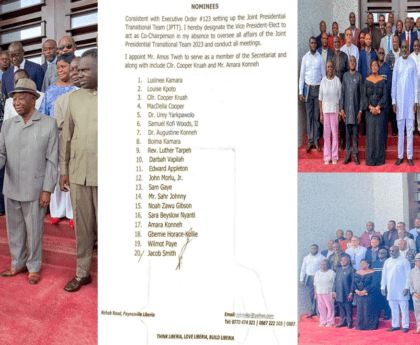Corruption has long been a challenge in the political landscapes of many countries, and Africa is no exception. While not all African leaders have faced allegations of corruption, some ex-presidents have found themselves under scrutiny, investigated, and in some cases, convicted and sent to jail. The stories of these leaders serve as cautionary tales, emphasizing the importance of accountability and transparency in governance.
1. Jacob Zuma – South Africa:
Jacob Zuma, the former president of South Africa, faced a protracted legal battle centered around corruption charges. Accusations of accepting bribes related to an arms deal during the late 1990s haunted Zuma throughout his presidency. After years of legal wrangling, Zuma faced charges of corruption, fraud, racketeering, and money laundering. In 2018, the charges were reinstated, leading to his resignation in February 2018. As of my last knowledge update in January 2022, Jacob Zuma was still awaiting trial.
2. Omar al-Bashir – Sudan:
Omar al-Bashir, the former president of Sudan, faced charges of corruption and illicit possession of foreign currency. In 2019, after being ousted from power following months of protests against his rule, al-Bashir was convicted and sentenced to two years in a social reform facility due to his age (he was 75 at the time of the verdict). This sentence was related to corruption charges, but it was widely criticized for being lenient.
3. Hissène Habré – Chad:
Although not a democratically elected president, Hissène Habré, the former leader of Chad, held power from 1982 to 1990. After his fall from power, he went into exile in Senegal. In 2016, he became the first African head of state to be convicted of crimes against humanity, torture, and sexual slavery by an African Union-backed court in Senegal. Habré was sentenced to life in prison.
4. Lamine Diack – Senegal:
While not a president, Lamine Diack, the former president of the International Association of Athletics Federations (IAAF) and a Senegalese politician, faced corruption charges. Diack, along with his son, faced allegations of accepting bribes to cover up positive drug tests of Russian athletes. In 2020, Lamine Diack was found guilty of corruption by a French court and was sentenced to four years in prison, with two years suspended.
5. Jean-Bédel Bokassa – Central African Republic:
Jean-Bédel Bokassa, the self-proclaimed Emperor of the Central African Empire, faced accusations of embezzlement and human rights abuses during his rule from 1966 to 1979. After being ousted, Bokassa went into exile but returned to the Central African Republic in the 1980s. In 1987, he was convicted of murder and cannibalism, among other charges. Although not convicted specifically on corruption charges, his rule was marked by financial mismanagement and abuse of power.
Conclusion:
The cases of these African ex-presidents underscore the importance of establishing strong institutions, fostering a culture of accountability, and promoting transparency in governance. While progress has been made in holding leaders accountable for corruption, there is still much work to be done to ensure that corruption does not continue to undermine the development and stability of African nations. As the continent moves forward, these cautionary tales serve as reminders of the need for ethical leadership and robust anti-corruption measures in order to build prosperous and just societies.




